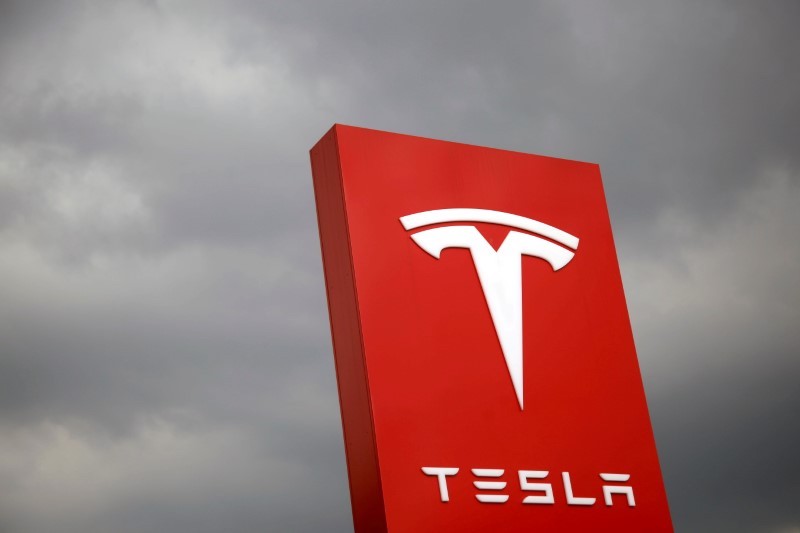• Tesla CEO Elon Musk said factory in India was ‘likely’ if duty reduced
• Tata Motors and Softbank-backed scooter firm Ola oppose any reduction
India is close to slashing import duties on electric cars to as low as 40%, two senior government officials told Reuters, days after Tesla’s appeals for a cut split opinion among the country’s auto industry.
For imported electric vehicles (EVs) with a value of less than $40,000 – including the car’s cost, insurance and freight – the government is discussing slashing the tax rate to 40% from 60% presently, the officials told Reuters.
For EVs valued at more than $40,000, it is looking at cutting the rate to 60% from 100%, they said.
“We haven’t firmed up the reduction in duties yet but there are discussions that are ongoing,” one of the officials said.
Also on AF: Geely and Renault Hook Up For China Hybrid Vehicle Venture
India is the world’s fifth-largest car market with annual sales of about 3 million vehicles but the majority of cars sold are priced below $20,000. EVs make up a fraction of the total and luxury EV sales are negligible, according to industry estimates.
Tesla, in its pitch to the government – first reported by Reuters in July – argued that lowering import duties on EVs to 40% would make them more affordable and boost sales. This triggered a rare public debate among automakers over whether such a move would contradict India’s push to increase domestic manufacturing.
Even so, the government is in favour of a cut if it can see companies such as Tesla providing some benefit to the domestic economy – manufacturing locally, for example, or giving a firm timeline on when it would be able to, one of the officials said.
“Reducing import duties is not a problem as not many EVs are imported in the country. But we need some economic gain out of that. We also have to balance the concerns of the domestic players,” the official said.
CONSULTATION PROMISED
Tesla CEO Elon Musk said on Twitter last month that a local factory in India was “quite likely” if the company was successful with vehicle imports but taxes on them are high.
The second official said that since the duty cut is being considered only for EVs and not other categories of imported cars, it should not be a concern for domestic automakers that mainly manufacture affordable gasoline-powered cars.
India’s finance and commerce ministries, as well as its federal think-tank Niti Aayog, chaired by Prime Minister Narendra Modi, are discussing the proposal and all stakeholders will be consulted, it was claimed.
Automakers including Daimler’s Mercedes-Benz and Audi have for years lobbied for lower import duties on luxury cars but faced strong resistance mainly from domestic companies. As a result, India’s luxury car market has remained small with average sales of around 35,000 vehicles a year.
MERCEDES SUPPORT
Tesla’s cars would fall into the high-end EV category, which are mainly imported into India and account for a much smaller percentage of sales. Mercedes, Jaguar Land Rover and Audi sell imported luxury EVs in the country.
This time Tesla’s demands have found support from Mercedes as well as South Korean automaker Hyundai Motor, which has around an 18% share of India’s car market.
Opposing the proposed cut are Tata Motors, which produces affordable electric cars in the country, and Softbank Group-backed Ola, which is making electric scooters in India.
- Reuters and Sean O’Meara
Read more:
Australia Tesla Battery Blaze Under Control After Three Days
Tesla Resists China Price Push in Bid to Power Sales Charge
























